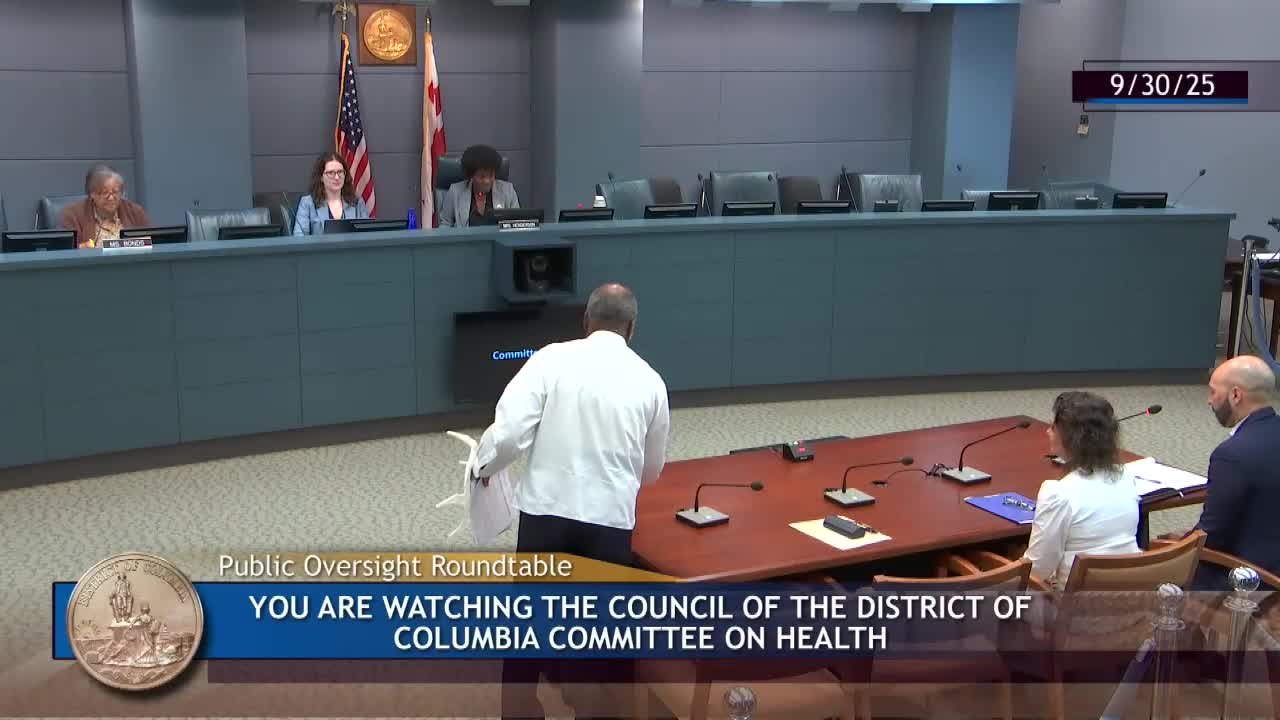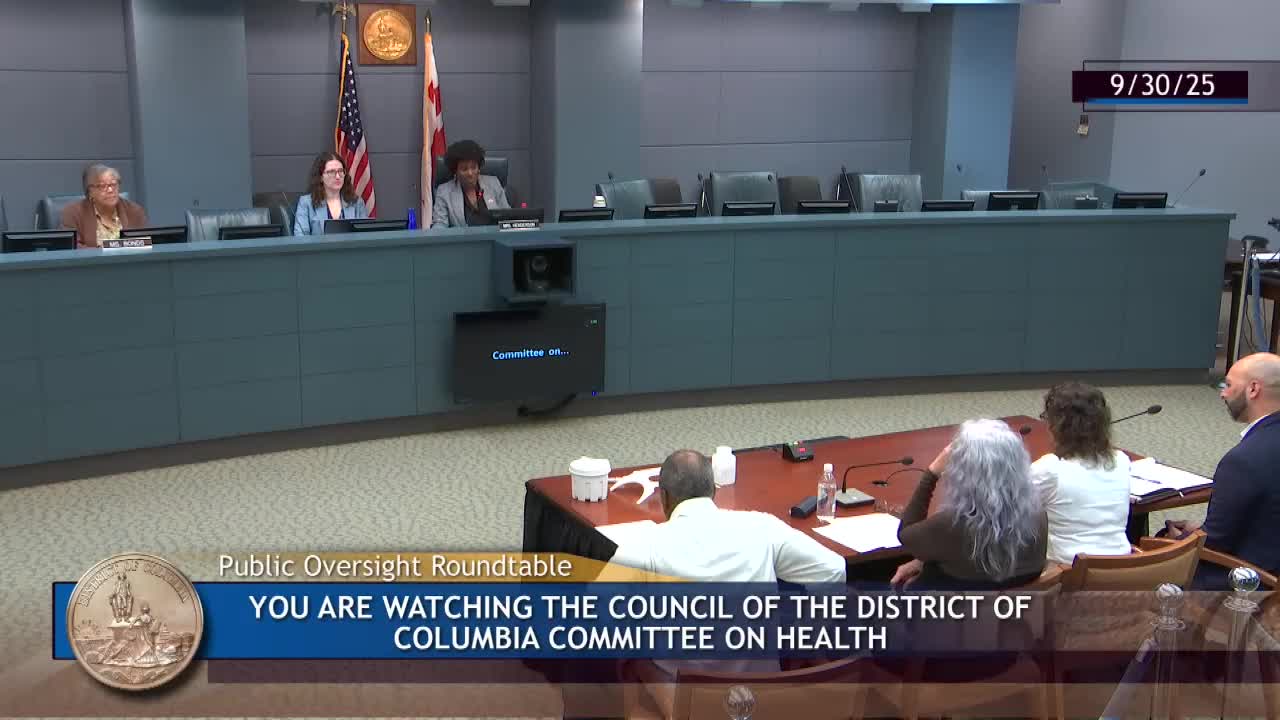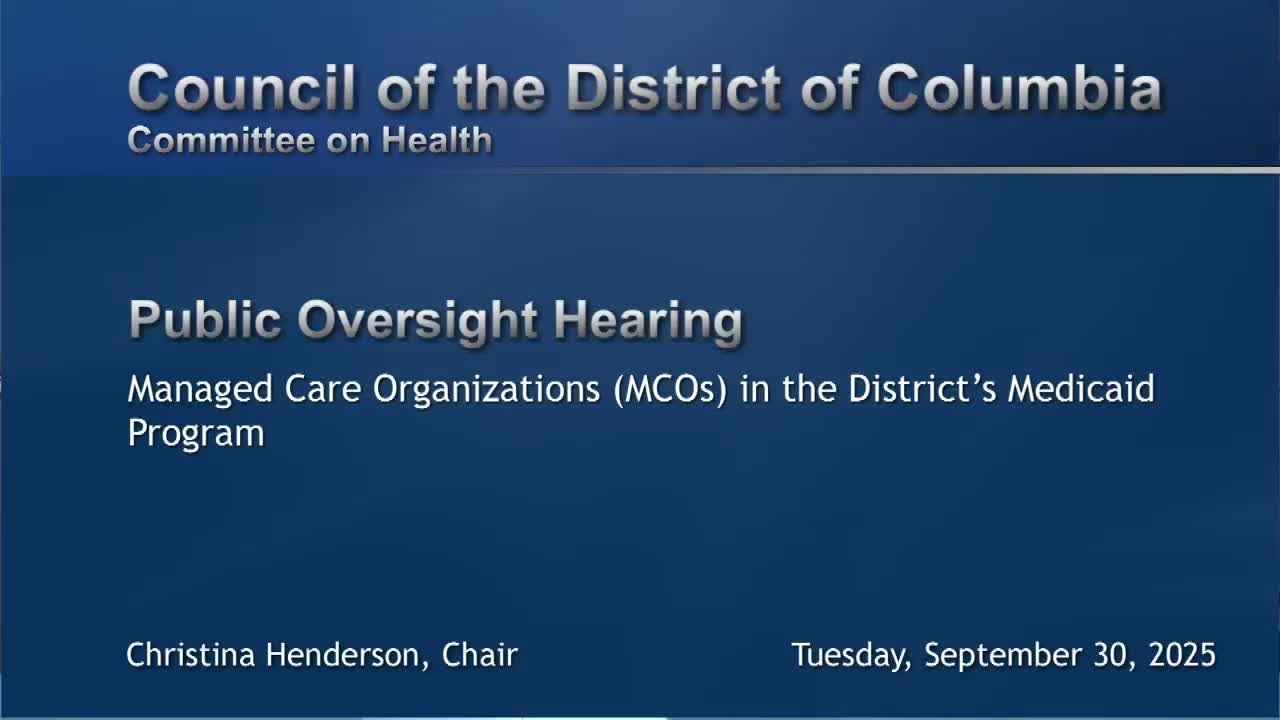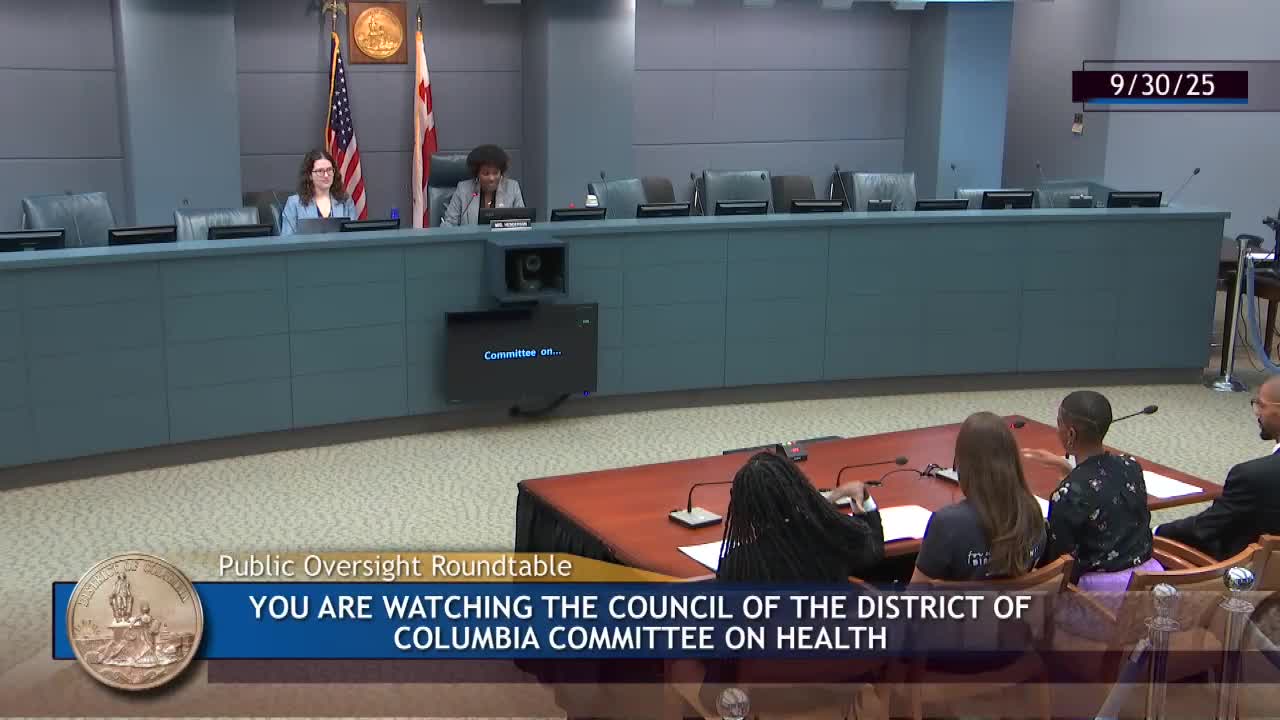Article not found
This article is no longer available. But don't worry—we've gathered other articles that discuss the same topic.

Connected Care Network signs value‑based deal with WellPoint; FQHC leaders say early gains in preventive care

Families praise HSCSN as lifeline for children with complex needs; program faces home‑health access bottlenecks

Council roundtable flags denials, prior‑auth delays and credentialing gaps in DC Medicaid managed care

